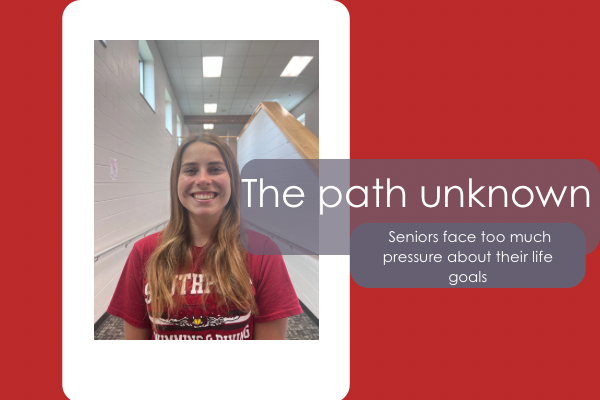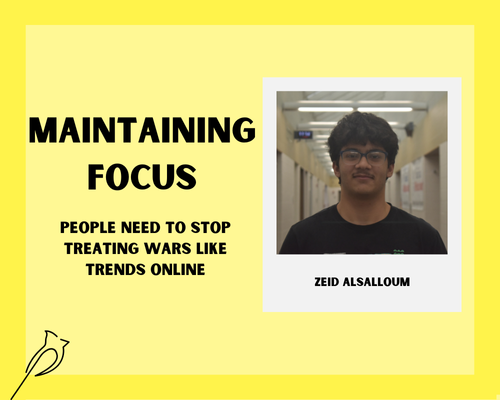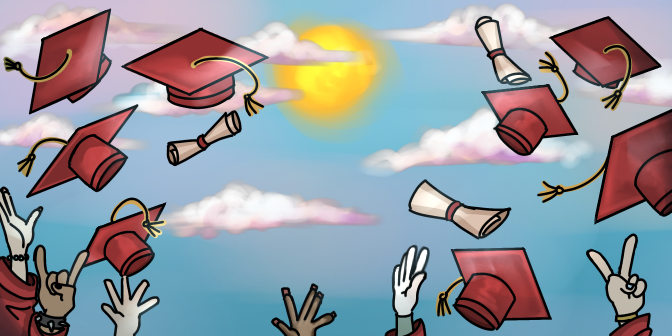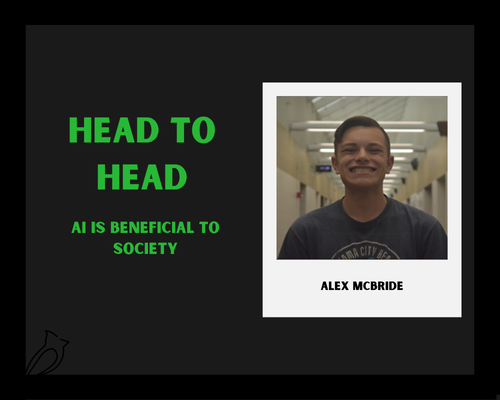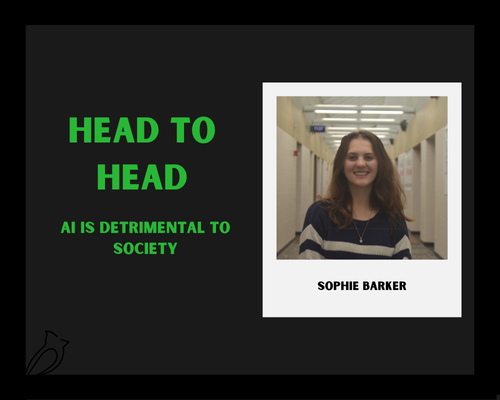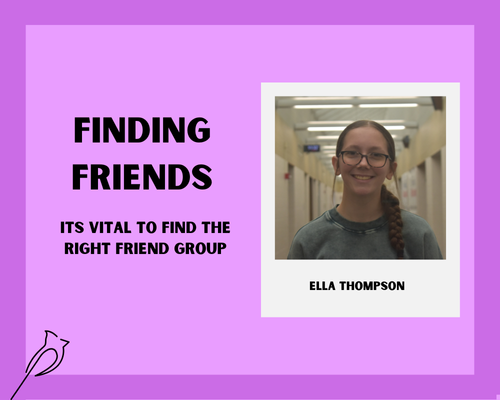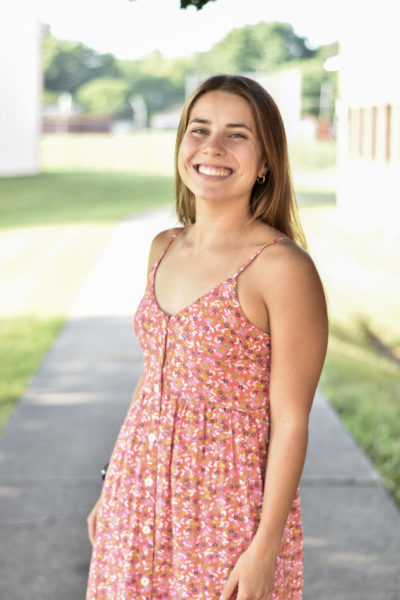If there’s one thing I can guarantee about senior year, it’s that you’ll get asked where you are going to college and what job you want to have more than you even realized was possible. Not only do your parents want to know, but so do your aunts and uncles, grandparents and even the neighbors that you’ve only talked to once in your life.
Every single time that I’m asked this question, I feel the anxiety start to build up in my chest. My heart beats more quickly and my face turns red, all because I have to tell them my answer: “I don’t know for sure.”
With every college survey I fill out comes the ever-so-common, “What is your intended major?” question. Each time I see this, I wonder if I should put my real answer “undecided” or if I should just pick something so that I’m not perceived as wishy-washy and without an objective.
I have interests, sure, but I do not know what I want to do with my life by any means, and each time that I’m asked about it, I am increasingly more embarrassed to tell the truth.
In my experience, high schoolers have an extreme amount of pressure to have their entire lives planned out by the time they graduate, which, in my opinion, is neither realistic nor healthy.
And this pressure isn’t invisible, it’s well documented by research. For example, a study of high school students by the American Psychological Association in 2017 found the second most common stressor was getting into a good college or deciding what to do after high school.
Obviously the future is important, and all students should explore their options to figure out what is the best fit for them after high school. However, the extreme expectations to know what major and job they want to have are completely irrational.
As I learned in A.P. Psychology last year, the frontal lobe of the brain, where complex decisions are made, doesn’t finish forming until you are 25 years old. If your decision-making center isn’t even fully developed when you are in high school, why on Earth should you be expected to make life-altering decisions at that time?
And, not only are high school students not developmentally ready to make these decisions, but setting your “life plan” in stone at such a young age also boxes people in and doesn’t allow them to change and alter their path to accommodate new interests and skills.
My dad is a great example of this. When he entered college, he wanted to be a doctor, so he took lots of pre-medicine classes in college. But after college, and even after being accepted into medical school, he changed his course and went to seminary to become a pastor. And, after all of that, he did a “Transition to Teaching” program that gave him his job today as a high school chemistry teacher.
Over time, my dad discovered new interests and adjusted his life to reflect those. Had he not had the freedom to do so, or had he succumbed to the pressure to have a set life plan in high school, his life would look nothing like it does today.
Science teacher Rachel Frantz has a similar story. From wanting to be a marine biologist in college to teaching English in Malaysia to where she is today, teaching half-time and running her lacrosse business, Frantz’s plan has changed numerous times.
And, it’s her openness to change that has allowed her to be where she is today, doing work that fills her cup.
“I think there’s a lot of joy and freedom in the flexibility of not having to figure it all out right away and knowing that you can change your mind anytime,” Frantz said.
Clearly, success doesn’t hinge at all on having a concrete plan in high school, and you don’t need to have your entire life planned out when you’re only 18 years old. American culture needs to stop shaming high school students who aren’t sure of their future plans and should allow them the time and space to explore different options, thus allowing them to fulfill their whole potential.


